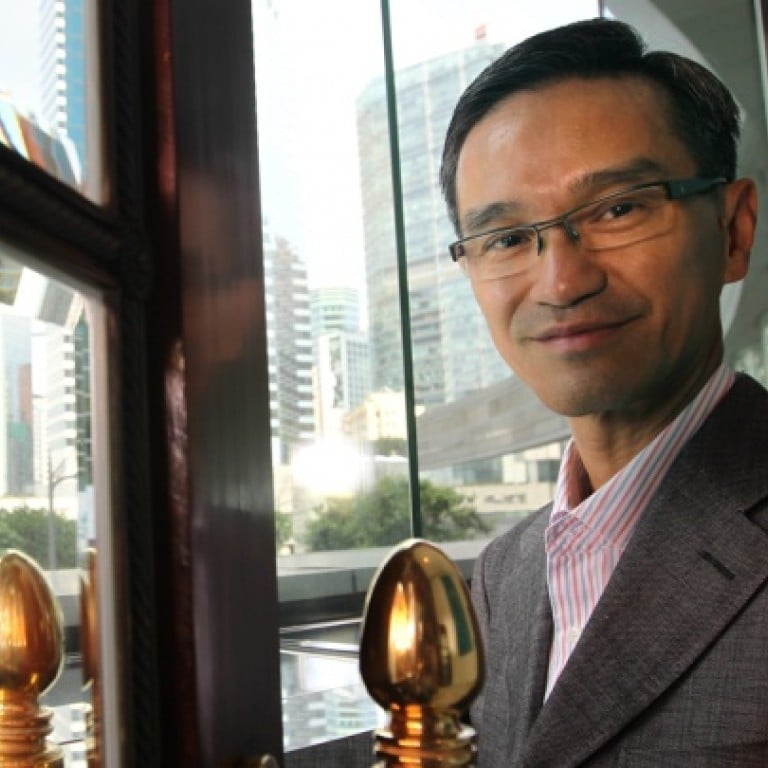
Experts at odds over ways to bring down flat prices
Housing Authority official says there should be more cooling measures to bring prices down by 20 per cent but property analyst disagrees
The government should impose more property-cooling measures unless flat prices drop at least 20 per cent, a leading government housing adviser says.
But a property analyst has challenged the remarks of Long Term Housing Strategy Steering Committee non-official member Stanley Wong Yuen-fai, saying that further government intervention would hamper the free market and risk turning Hong Kong into a socialist system.
Wong yesterday said he believed a reasonable fall in prices should be about 20 per cent. "Twenty per cent is not significant. Flat prices have risen 23 per cent since last year. So we're talking about whether the prices can return to last year's level," he said.
Wong, who is also chairman of the Housing Authority's subsidised housing committee, said there was a serious imbalance between supply and demand in the property market.
The government has since last year rolled out duties to try to cool the market. These comprised a special duty for property resold within 36 months; a 15 per cent buyer's duty on non-permanent residents, and a doubling of the stamp duty that applies to all except permanent residents who are first-time buyers.
"Through these measures, it's hoped that at least the property prices would drop or be adjusted reasonably," Wong said. The government should also consider banning mortgages for one's second property or increasing stamp duties further if the market still failed to cool down, he said.
The Land Registry received 5,288 property sale and purchase agreements for registration last month. This was a 54 per cent drop year on year, but 20.5 per cent more than in April. Residential transactions rose 24.8 per cent to 4,276.
Centaline Property Agency research head Wong Leung-sing said he hoped Stanley Wong's opinions did not represent the government's stance.
"If the government introduces more measures to curb prices, it will give investors the impression that our economy is no longer a free market but a socialist system," he said.
The city's high property prices were sustained by the quantitative easing monetary policies of other countries such as the United States, which lowered the purchasing power of people who wanted to buy their first property, he said.
Midland Realty chief analyst Buggle Lau Ka-fai said the government should focus instead on increasing the supply of new homes instead of curbing the demand for such flats.
"The demand shrank significantly after the measures, but if the supply of first-hand and second-hand properties does not increase, the prices will not drop further," Lau said.
